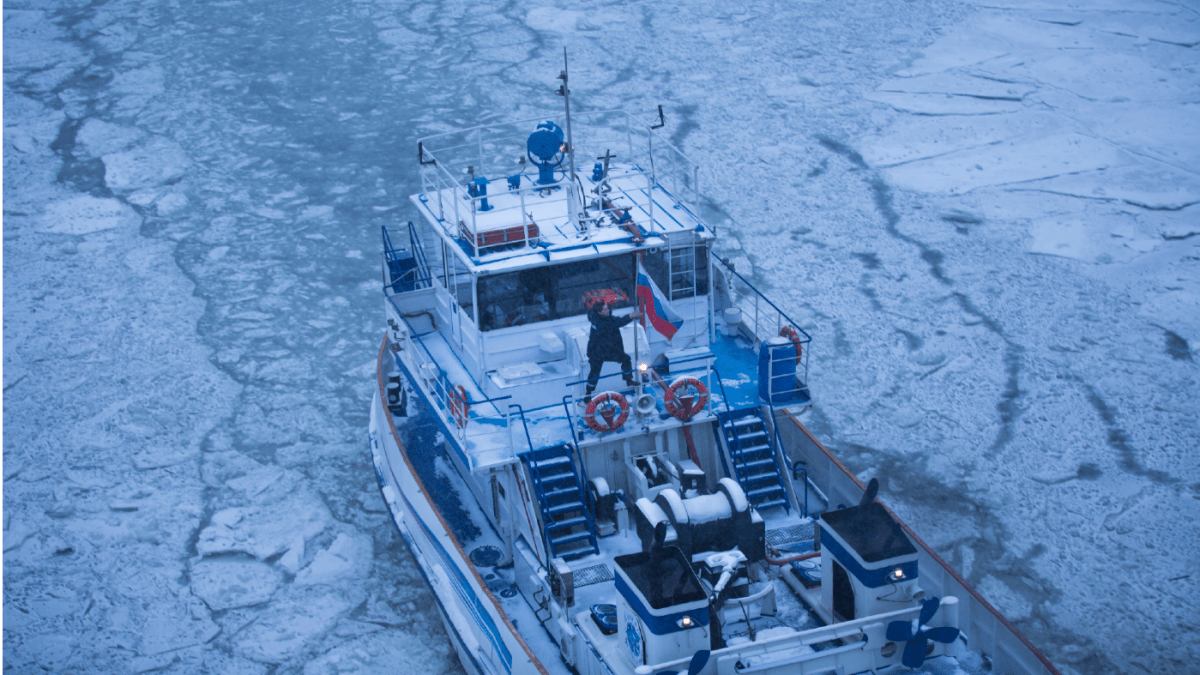The American website "The Hill" published an analytical article dealing with the impact of the Russian-Ukrainian war on the Arctic and its potential repercussions on the future of the region, which has become the focus of increasing Western interest.
Dr. Lawson Brigham, a researcher at the University of Alaska Fairbanks, highlighted in his article on the site that the region in which countries are preparing to join the North Atlantic Treaty Organization (NATO) and where NATO military exercises are taking place, is now witnessing bad effects of the war that are likely to be unintended.
Brigham said that it is possible to anticipate the future of the Arctic, with all its complexities and volatility, "by studying 10 significant effects since the beginning of the Russian invasion of Ukraine."
Changing Geopolitical Alignments
One of the obvious primary consequences of the war in Ukraine is the new geopolitical alignment in the Arctic.
When Finland and Sweden join NATO, 7 of the eight pole states will be part of NATO, which means that in the future Russia will have to sit at the table of cooperation between the Arctic countries with 7 members of the alliance.
This would make security and military cooperation between Moscow and the rest of the pole states difficult, if not impossible.
An uncertain future for the Arctic Council:
The council was established in 1996, and its members - with the exception of Russia - decided to suspend its work after the Russian war on Ukraine.
It is not yet known when or how the Council will resume its work, and if what happened was just a temporary stop or if the seven Arctic countries will resume cooperation without Russia.
Economic development has stopped
: The war in Ukraine caused the suspension of projects to develop natural resources in the Arctic, especially Russian projects.
Increasing focus on military security
in the Arctic
: The Russian military build-up in the Arctic - before and during the Ukraine war - pushed NATO and the Arctic countries to enhance their military capabilities.
Suspension of scientific cooperation:
The war in Ukraine led to a halt in scientific cooperation in the Arctic that existed between Russian scientists and university researchers with their Western counterparts.
Absence of Indigenous Voices:
Indigenous peoples of the Arctic had an active presence as permanent participants in the Arctic Council, and the Council's cessation left their voices absent.
Giving international organizations additional responsibilities:
The absence of the Arctic Council puts more burdens on international organizations involved in matters that the council used to do, such as environmental protection, necessary infrastructure, climate change and scientific research.
Changing Shipping Routes and Maritime Operations:
The war reduced global shipping through the Arctic Ocean and new international trade routes, especially along Russian maritime waters.
Continuing warming and increasing its pace:
With the absence of the Arctic Council, the climate issues that were at the forefront of its countries’ efforts are absent, while the effects of climate change in the Arctic continue at a rapid pace, as recent scientific research confirms that the Arctic is the place most rapidly affected by global warming on Earth.
Concern about the stability of the region:
The United Nations Convention on the Law of the Sea is the legal framework for the Arctic Ocean, yet one Arctic nation - the United States - remains outside the treaty and the implementation of many articles related to the Arctic Ocean remains controversial among member states.
Brigham believes - in his article - that the Arctic treaties concluded in recent years regarding search and rescue, oil pollution and scientific cooperation between Arctic countries cannot be implemented without close cooperation with Russia.

